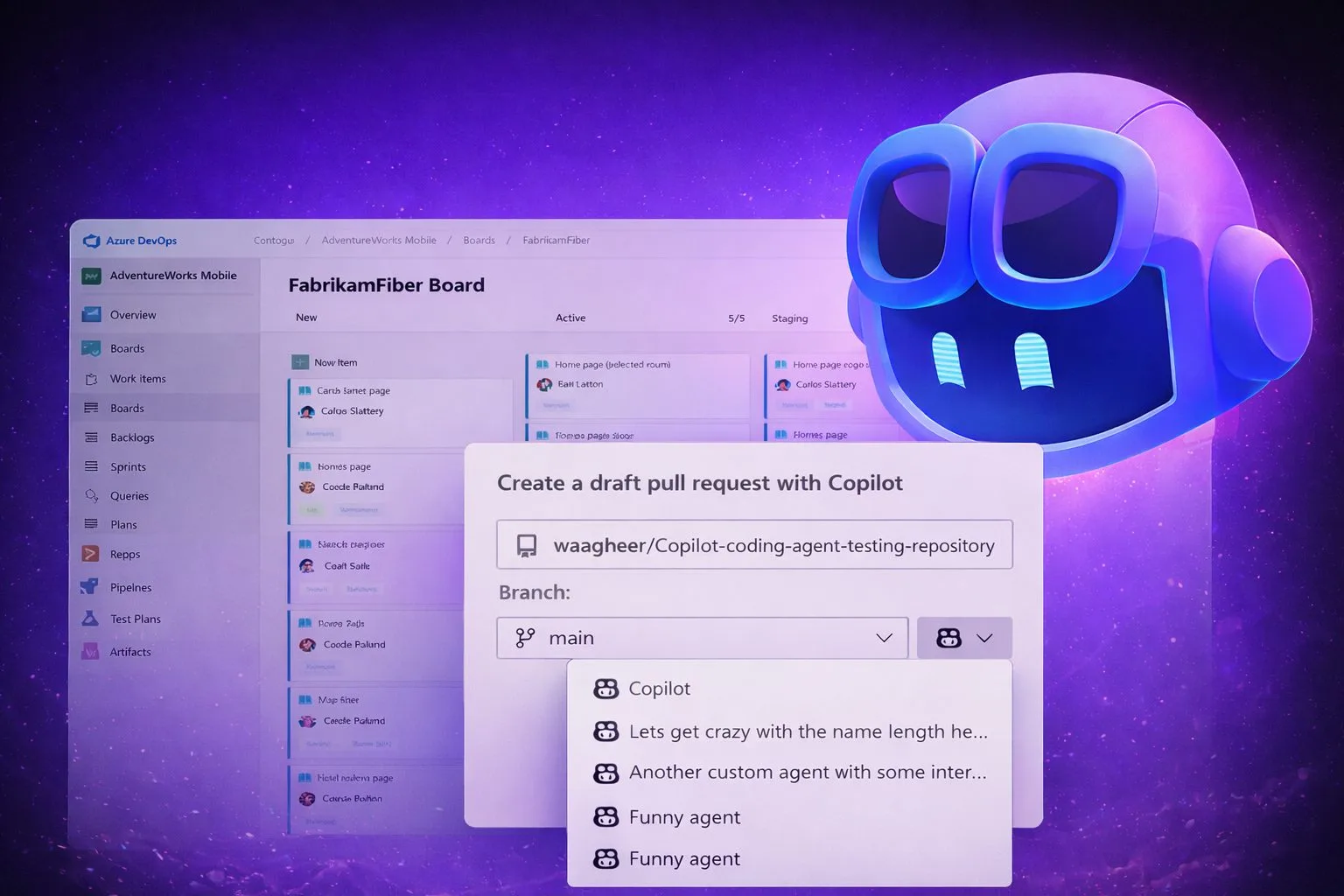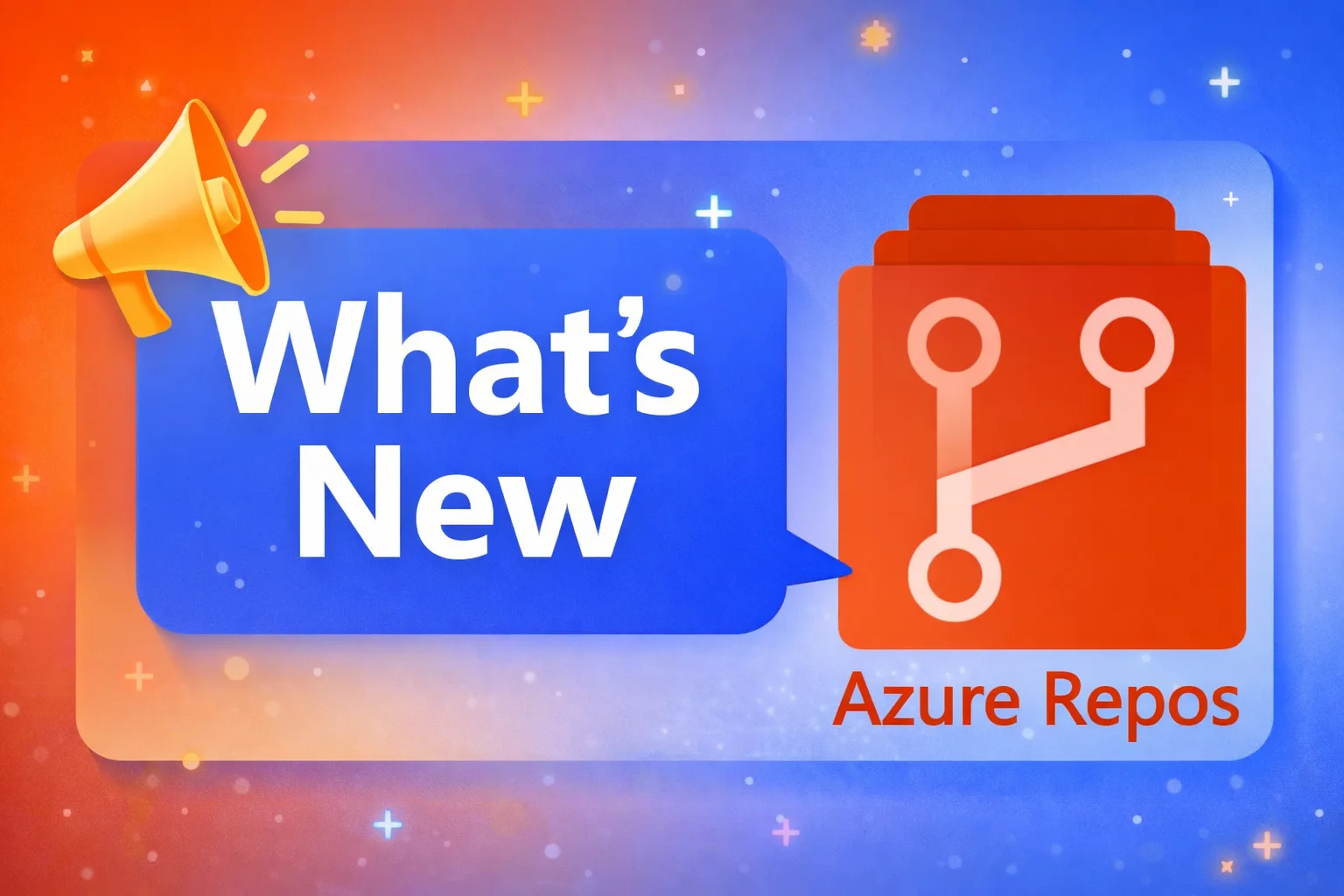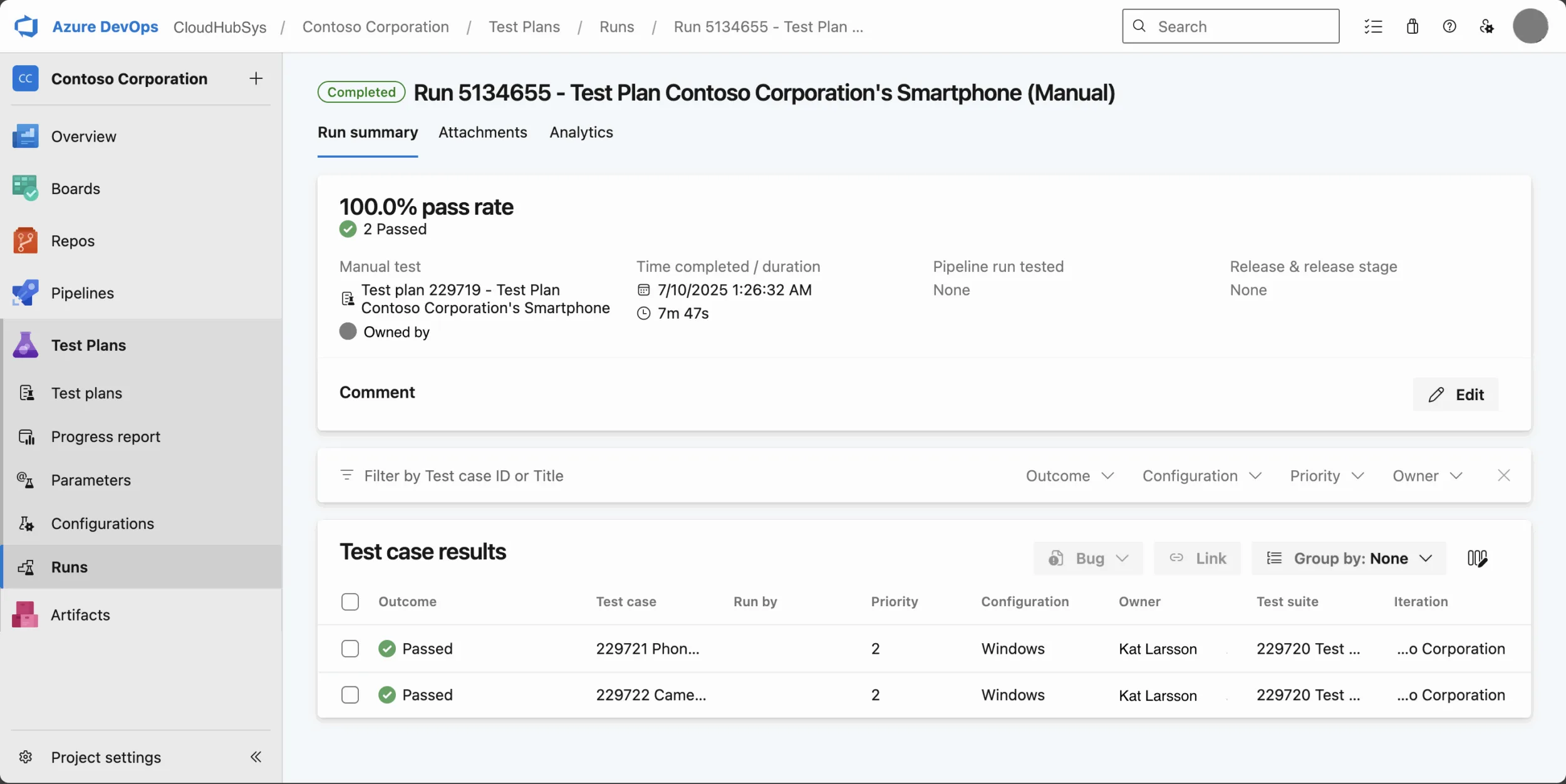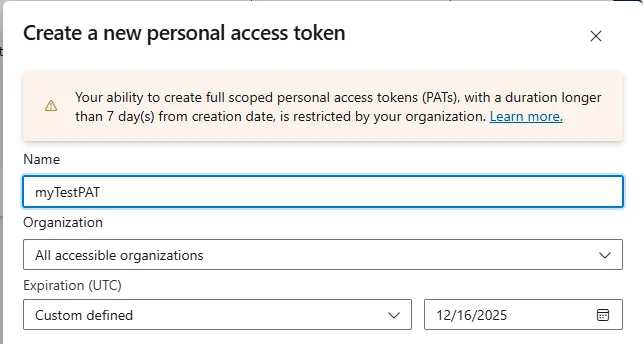Azure DevOps Blog
DevOps, Git, and Agile updates from the team building Azure DevOps
Latest posts

February Patches for Azure DevOps Server
We are releasing patches for our self‑hosted product, Azure DevOps Server. We strongly recommend that all customers stay on the latest, most secure version of Azure DevOps Server. The latest release, Azure DevOps Server, is available from the download page. To make it easier to find and apply the latest patches, we are sharing patch details in the table below. Each entry includes the Azure DevOps Server version, a direct download link for the patch, and a link to the corresponding release notes with additional details. ⬇️Azure DevOps Server Patch Download ✅Verifying Installation To verify that the patch is ...

Azure Boards integration with GitHub Copilot includes custom agent support
We recently released the GitHub Copilot Coding Agent for Azure Boards to all customers. If you’re not already familiar with it, we recommend taking a few minutes to read this blog post for an overview and details. One of the top requests from customers using the GitHub Copilot Coding Agent for Azure Boards has been the ability to select and use custom agents defined at the GitHub repository or organization level. In this update, we’re excited to share that support for custom agents is on the way. 🤷♀️ What are custom agents? Custom agents in GitHub Copilot are tailored versions of the Copilot coding agent that...

Azure Boards additional field filters (private preview)
We’re introducing a limited private preview that allows you to add additional fields as filters on backlog and Kanban boards. This long-requested feature helps teams tailor their views, focus on the work that matters most, and provide feedback as we iterate toward general availability.

What’s new with Azure Repos?
We thought it was a good time to check in and highlight some of the work happening in Azure Repos. In this post, we’ve covered several recent improvements, along with a preview of features that are coming soon. To stay up to date, be sure to visit the Azure DevOps Roadmap. These changes have either already been released or are currently rolling out. Be sure to check the sprint release notes for full details. Breaking Change: Disabling Obsolete TFVC Check-In Policies Back in April 2025, we shared changes to how TFVC check-in policies are stored. These updates affect TFVC projects using policies such as Build (r...

The New Test Run Hub is Going Generally Available!
Delivering high-quality software requires clarity, speed, and collaboration. That’s why we introduced the New Test Run Hub in Azure Test Plans. A modern, streamlined experience designed to make test execution and analysis fast and intuitive. And we’re excited to announce that this experience is moving to General Availability (GA) for the Azure DevOps Services throughout January 2026. Why the New Test Run Hub? The new hub centralizes test execution for both manual and automated runs, giving teams: Your Feedback Matters Based on your feedback, we’ve made several improvements ahead of General Availabi...

Work item linking for Advanced Security alerts now available
Security vulnerabilities don't fix themselves. Someone needs to track them, prioritize them, and actually ship the fix. If you've ever tried to manage security alerts alongside your regular sprint work, though, you know the friction: you're looking at an alert in one tab, switching to your backlog in another, trying to remember which vulnerability you were supposed to file a bug for. We shipped work item linking for GitHub Advanced Security for Azure DevOps alerts to fix this. It's now generally available and it does exactly what it sounds like: you can link work items in Boards directly to security alerts. Note...

Azure Boards integration with GitHub Copilot
A few months ago we introduced the Azure Boards integration with GitHub Copilot in private preview. The goal was simple: allow teams to take a work item from Azure Boards and send it directly to GitHub Copilot so the coding agent could begin working on it, track progress, and generate a pull request. We are happy to announce that this integration is now being rolled out as generally available 🎉. Customers who participated in the preview helped us validate the experience, find issues, and shape improvements. GA includes the same workflow introduced in preview, along with new capabilities based on customer feedbac...

Retirement of Global Personal Access Tokens in Azure DevOps
In the new year, we’ll be retiring the Global Personal Access Token (PAT) type in Azure DevOps. Global PATs allow users to authenticate across all accessible organizations. While this can feel convenient, a single credential with broad reach creates a concentrated security risk — especially as a user’s access footprint grows. This level of privilege becomes an attractive target for bad actors, making global tokens unsuitable for today’s security‑conscious environments. Setting clear boundaries around high‑impact credentials is one of the most effective ways to prevent large‑scale breaches. As part of Microsof...

Announcing Azure DevOps Server General Availability
We’re thrilled to announce that Azure DevOps Server is now generally available (GA)! This release marks the transition from the Release Candidate (RC) phase to full production readiness, delivering enterprise-grade DevOps capabilities for organizations that prefer self-hosted solutions. You can upgrade directly from Azure DevOps Server RC or any supported version of Team Foundation Server (TFS 2015 and newer). Head over to the release notes for a complete breakdown of changes included with this release. Note: Team Foundation Server 2015 reached the end of Extended Support on October 14, 2025. We strongly rec...
